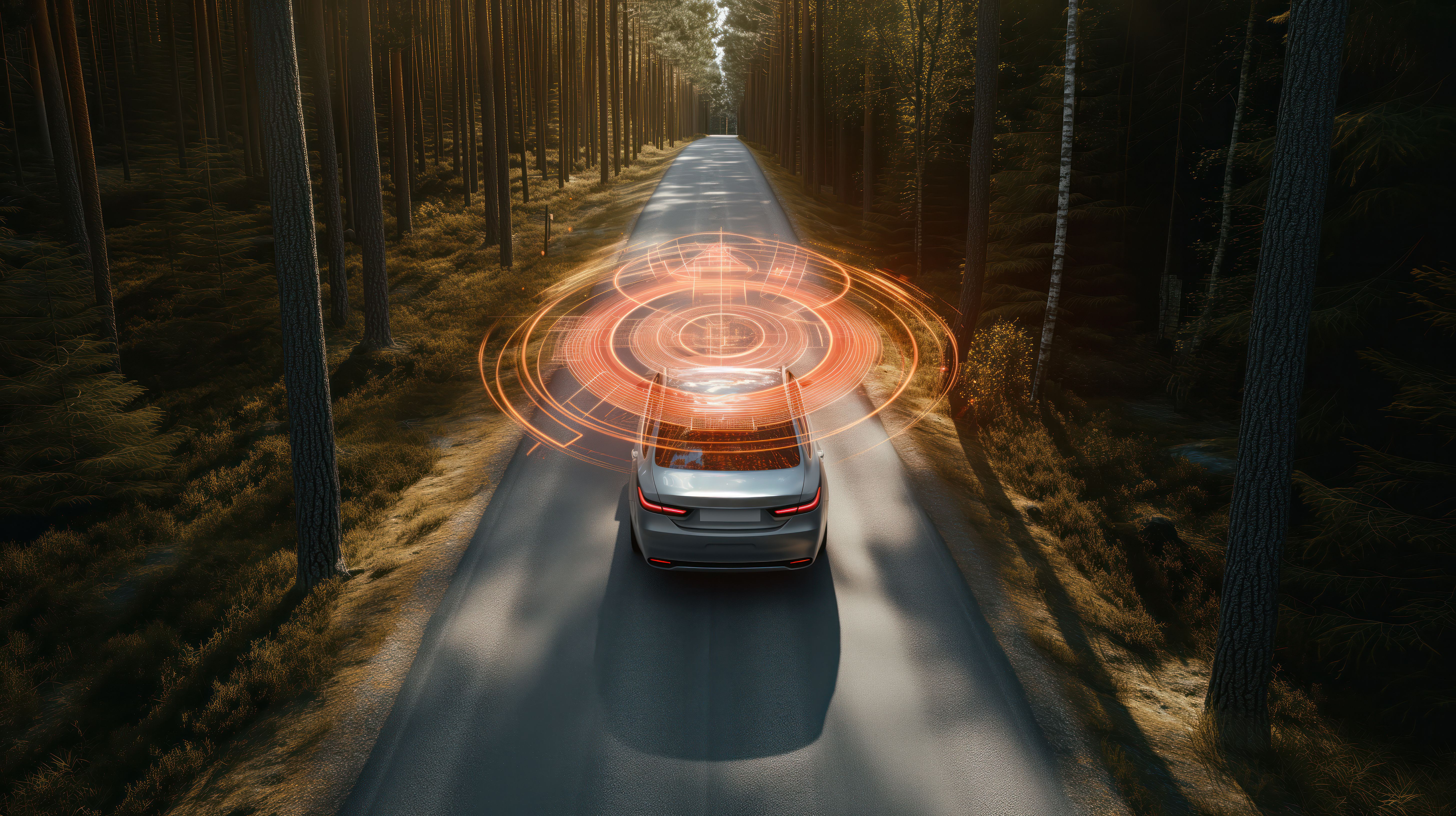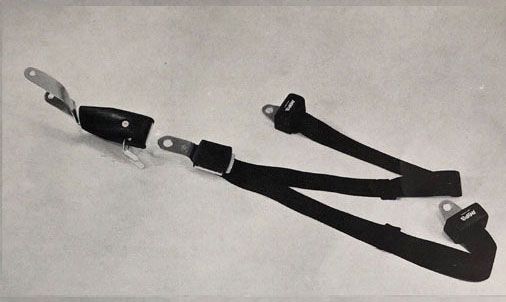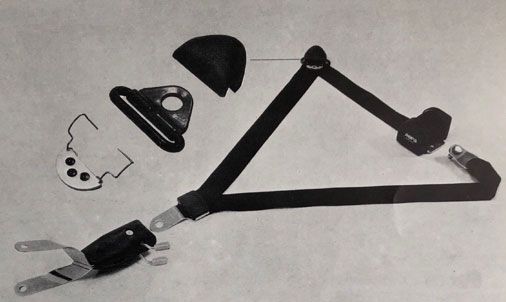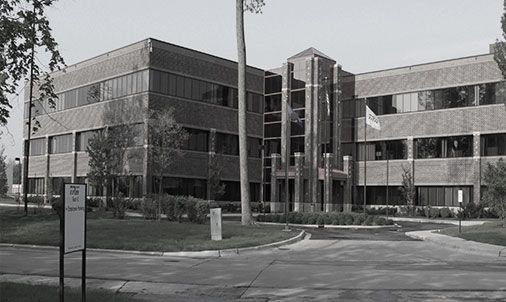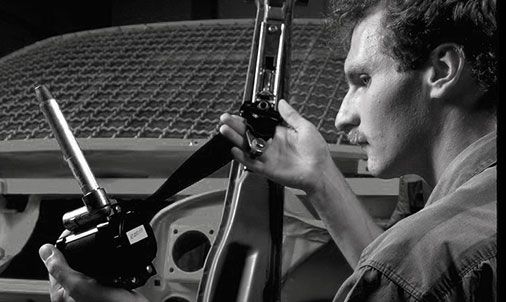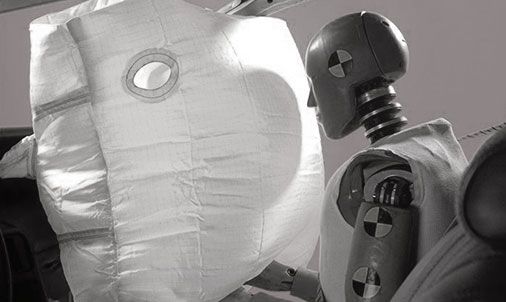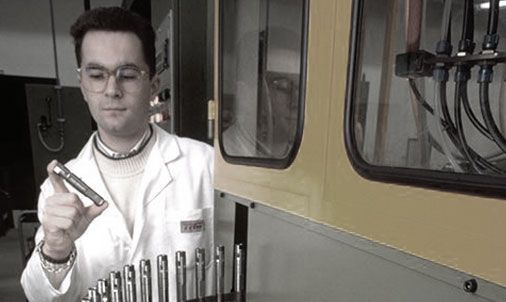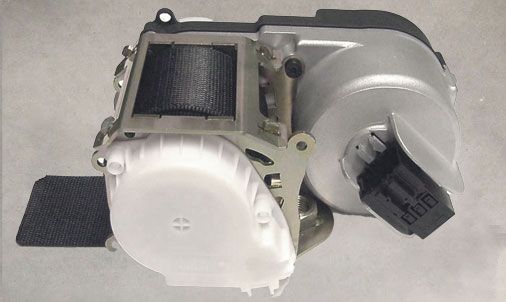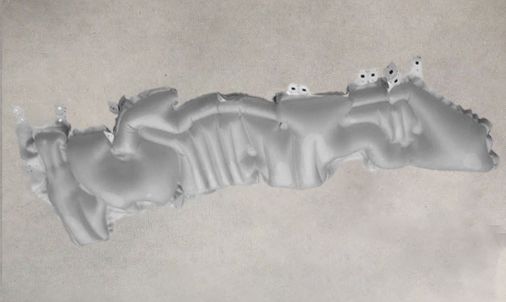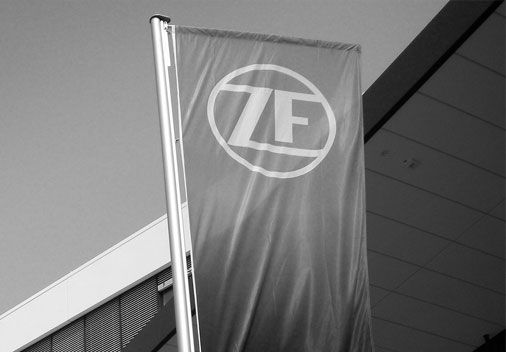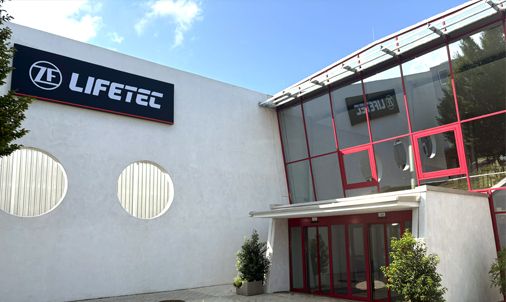WHAT DRIVES US
Our mission at ZF LIFETEC is clear: we save lives. As a pioneer and one of the industry’s global leaders in passive safety system solutions, we are shaping the sector. With our technology-driven approach and our comprehensive passive safety system solutions covering seat belt systems, inflatable restraint systems, and steering wheel systems, we make the world safer for everyone.
INNOVATING PASSIVE SAFETY TECHNOLOGY SINCE DAY ONE
ZF LIFETEC is a global leader in passive safety system solutions and dedicated to advancing the protection of vehicle occupants. Our presence spans across 22 countries, with 51 locations and three global R&D centers, supported by about 36,000 employees (as of 31 December 2024).
Our global footprint is one of our key assets: ZF LIFETEC acts as a global one-stop-shopping platform solution across various regions and vehicle models. Europe accounted for 38% of group sales in 2024, while North America reached 39%. Besides we generated 21% of our sales in Asia, with the rest coming from other regions of the world.
In addition, our multitude of global manufacturing and R&D locations enable us to provide best-in-class R&D expertise and testing platforms locally, while delivering products on a global scale, guaranteeing supply security and reducing logistics costs.

COMPREHENSIVE PASSIVE SAFETY SYSTEM SOLUTIONS
ZF LIFETEC’s comprehensive product portfolio covers seat belt systems, inflatable restraint systems, and steering wheel systems, ranging from small vehicles in the volume segment to the most sophisticated luxury vehicles.
All these products are required for new product solutions in the context of (semi-)automated driving and advanced occupant safety solutions, as well as for the interior of the future. With a range of smart safety solutions, we ensure a holistic approach to passenger protection in all circumstances.
At 44%, in the 2024 financial year, inflatable restraint systems - including inflators - accounted for the highest share of total sales, followed by seat belt systems at 35% and steering wheel systems at 21% of sales.
Further information on our product portfolio can be found here:
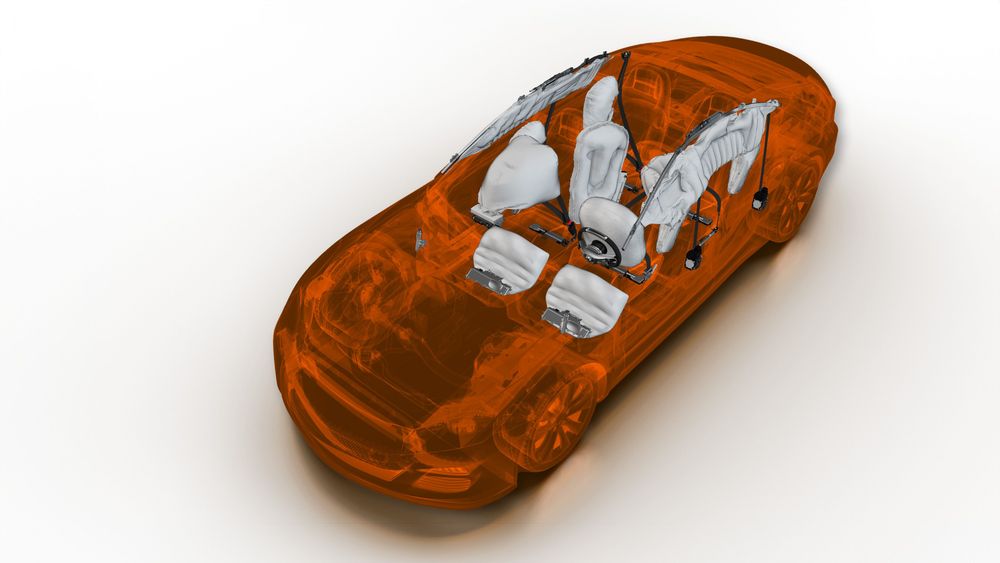
WELL POSITIONED IN A STRUCTURAL GROWTH MARKET
ZF LIFETEC is well positioned to capitalize on the growing demand for passive safety in a non-disruptive, structural growth market.
The focus is on innovations to support mobility megatrends. The shift to assisted and autonomous driving comes with new demanding requirements for the vehicle interior. The car interior of the future involves more and innovative safety solutions. It calls for new, intelligent solutions enabling design flexibility, more screens and flexible seating. From airbags that deploy with precision to dashboard interfaces that minimize distraction and maximize awareness, the changes we are anticipating are profound.
Stepped-up safety regulations worldwide are the key driver for the increasing content of safety features in passenger cars – for both electric and combustion vehicles. Especially in emerging markets that are catching up with increasing safety standards.
This demand for safety is for all passenger vehicles, regardless of the drivetrain, although the safety requirements have been increasing with respect to the higher weight of electric vehicles.
In addition, consumer protection assessments and new findings from accident research are vehicle safety drivers.
EU General Safety Regulation (GSR)
Starting in mid-2022, a revised version of the GSR has been adopted. Recognizing that human error plays a role in most road accidents, improved vehicle and road safety regulations have been introduced. New advanced safety technologies were gradually made mandatory for all new vehicles sold in the EU. The purpose of the regulation is to reduce the number of road casualties/
NHTSA Road Safety (U.S.)
The National Highway Traffic Safety Administration is responsible in part for evaluating safety on America’s roadways. Through enforcing vehicle performance standards and partnerships with state and local governments, NHTSA aims to help reduce deaths, injuries and economic losses from motor vehicle crashes.
New Car Assessment Program (NCAP)
- Global NCAP: The Global New Car Assessment Program (Global NCAP) is a major project of the "Towards Zero" Foundation working to improve vehicle safety in all regions of the world - towards zero accidents
- Euro NCAP: The Euro New Car Assessment Program (Euro NCAP) has created the five-star safety rating system to help consumers compare vehicles more easily and to help them identify the safety features to meet their needs.
- U.S. NCAP: The United States New Car Assessment Program (U.S. NCAP) is a consumer information and new car test protocol program of the U.S. Department of Transportation’s National Highway Traffic Safety Administration (NHTSA).

